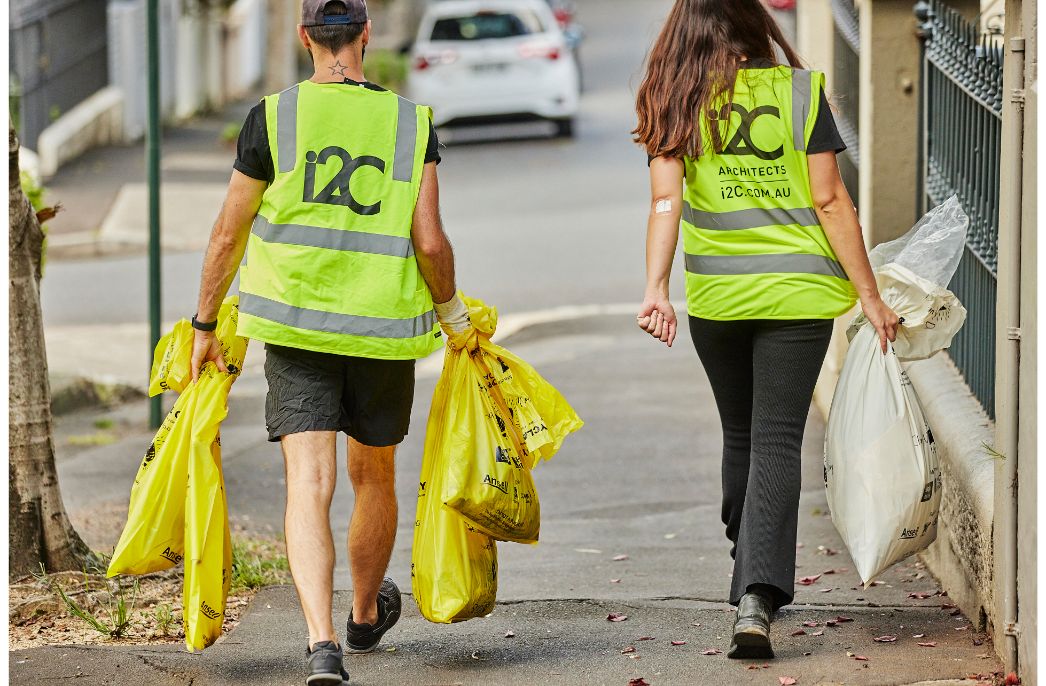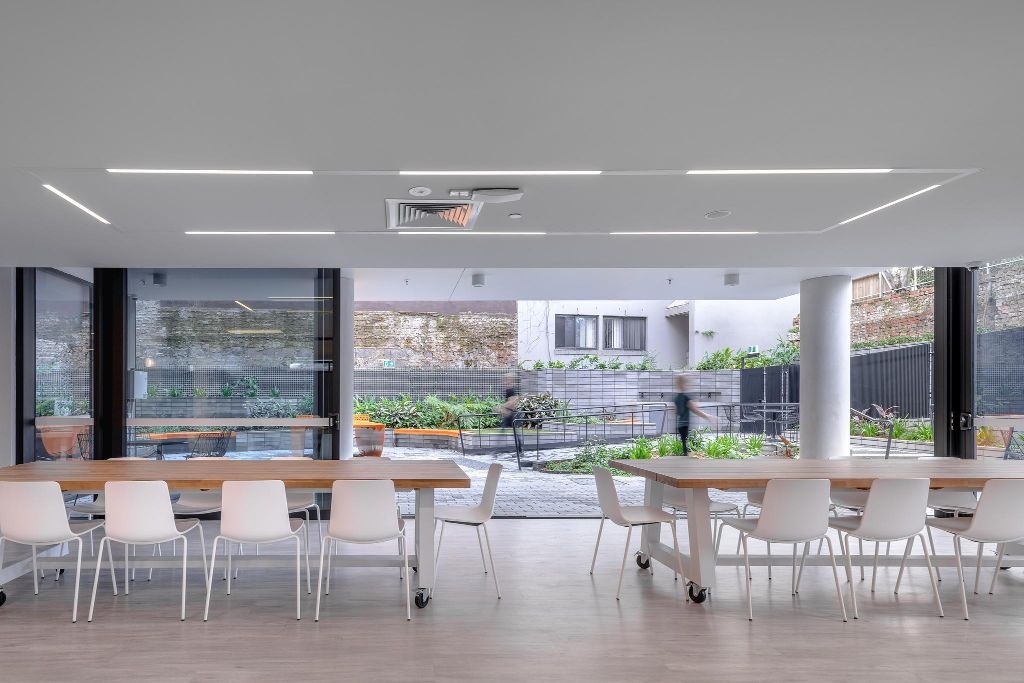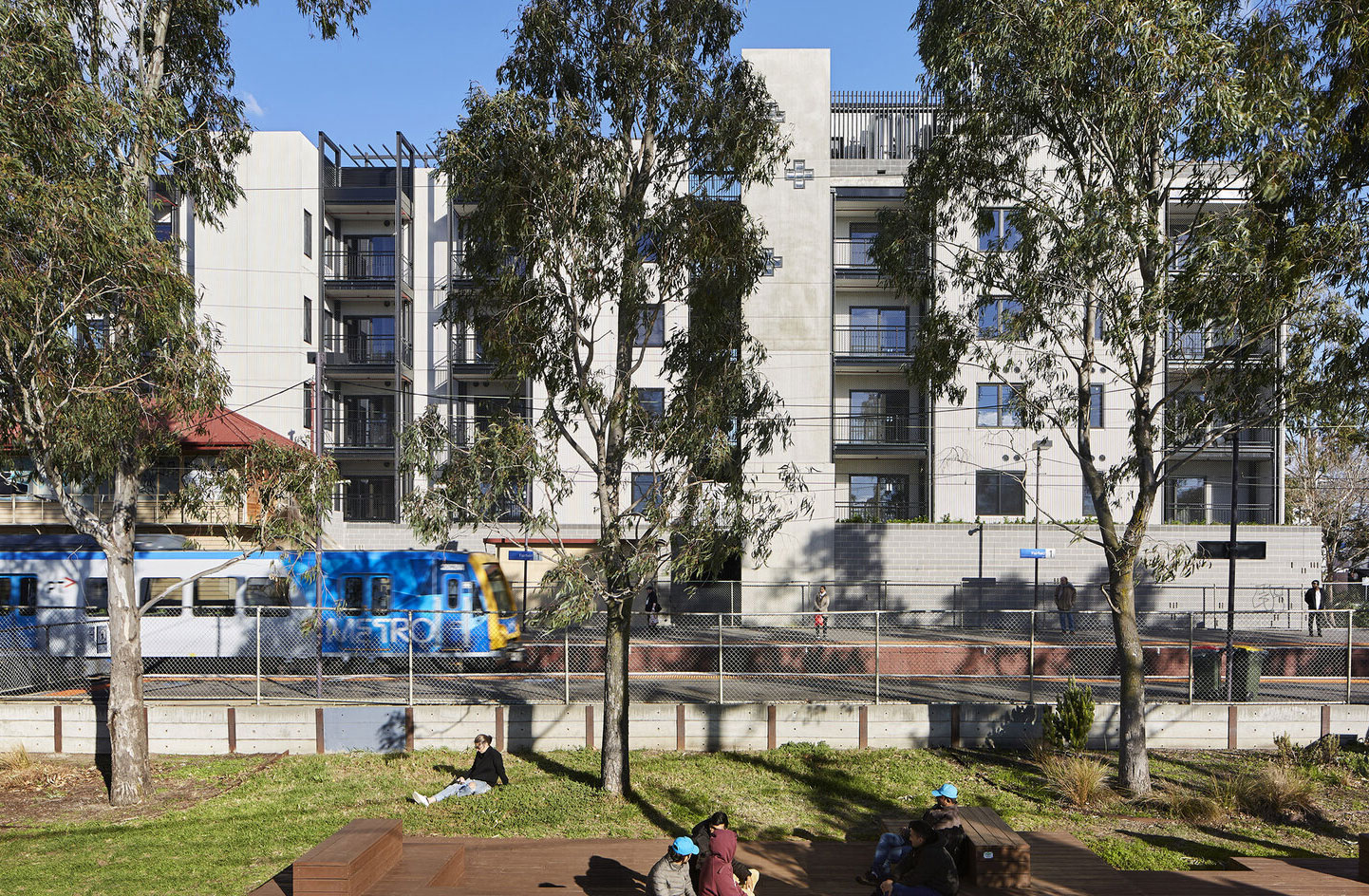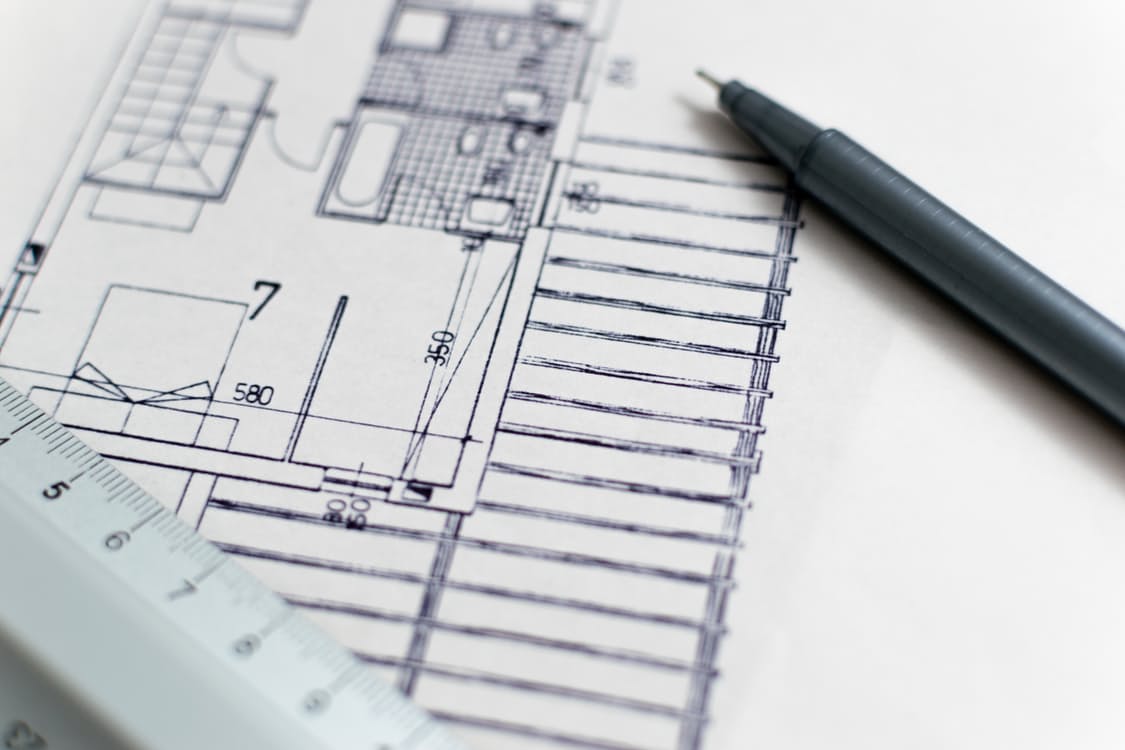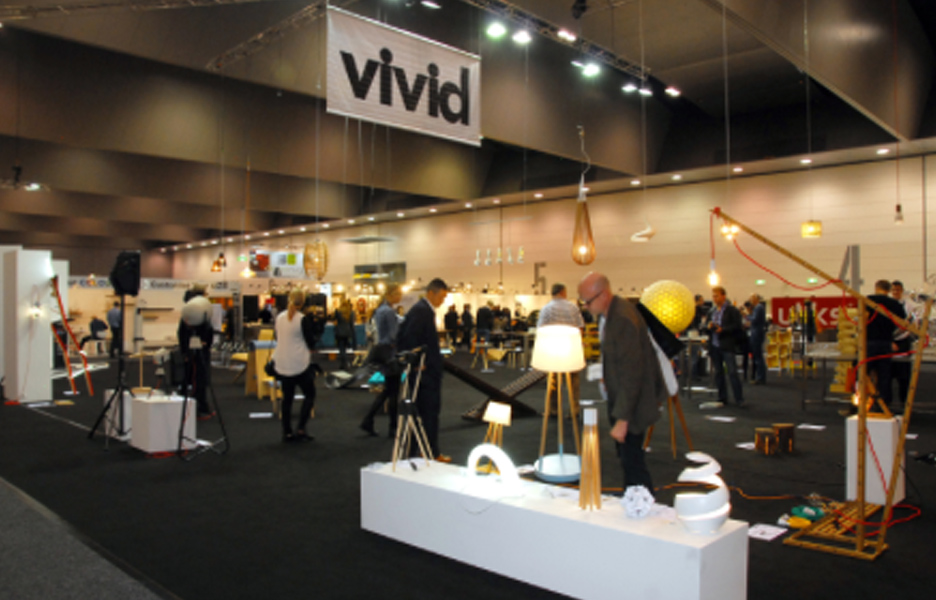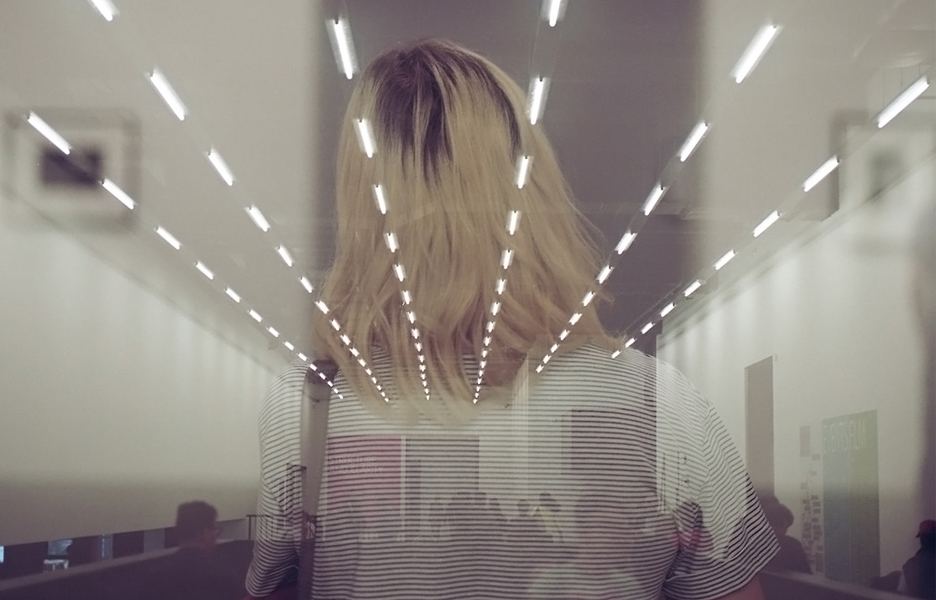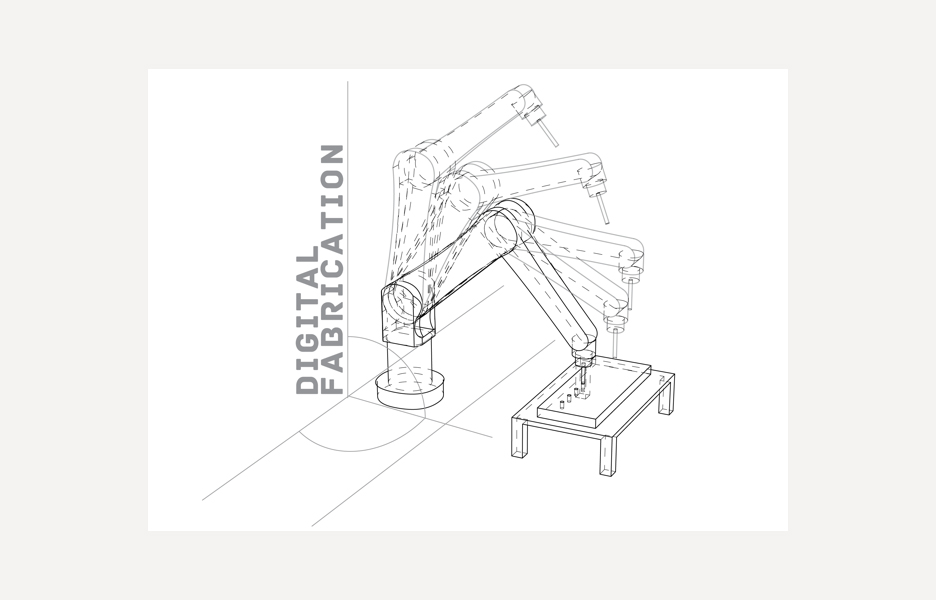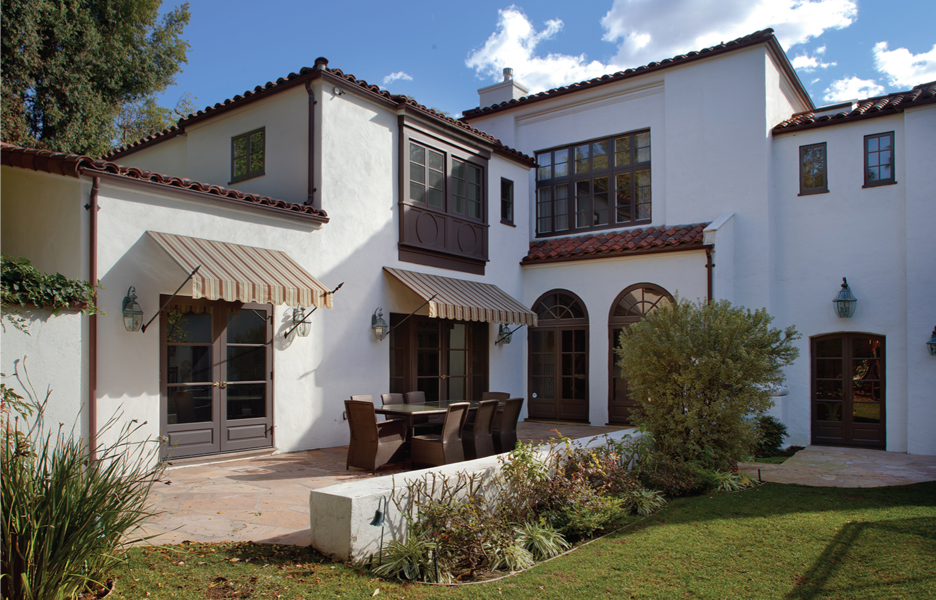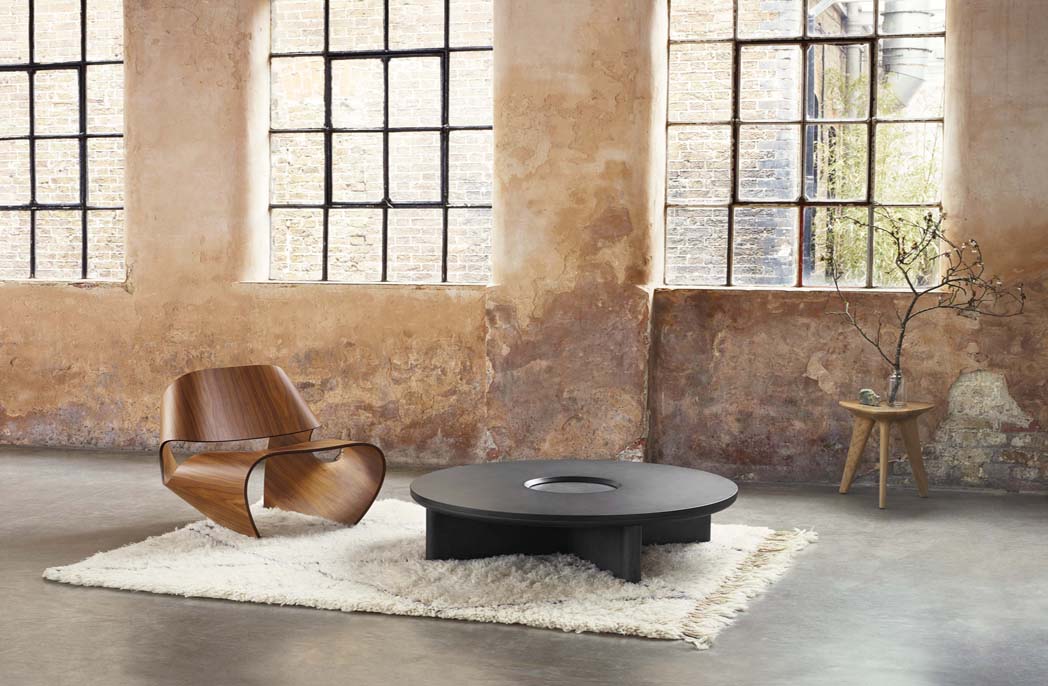
UN-Habitat and Othalo partner for affordable housing made from recycled plastic
UN-Habitat and Othalo partner for affordable housing made from recycled plastic
Share
In connection with World Habitat Day 2020, UN-Habitat launched its partnership with the Norwegian startup Othalo that has patented a technology that makes it possible to produce building elements from 100% recycled plastic.
The United Nations Human Settlements Program has found 1.6 billion people around the world live in inadequate housing, with data reporting that over 100 million people have no housing at all.
In Sub-Saharan Africa alone, the immediate need for low-cost housing is 160 million units and is expected to increase to 360 million by 2050 as a result of rapid urbanization.
The current coronavirus pandemic has only deepened the existing housing inequalities, with the homeless and houseless some of the most vulnerable to the pandemic.
The challenge is that traditional construction methods are neither efficient, economical nor sufficiently sustainable to succeed. A technology that enables industrial upcycling of waste and mass production is essential to meet today’s urgent needs.
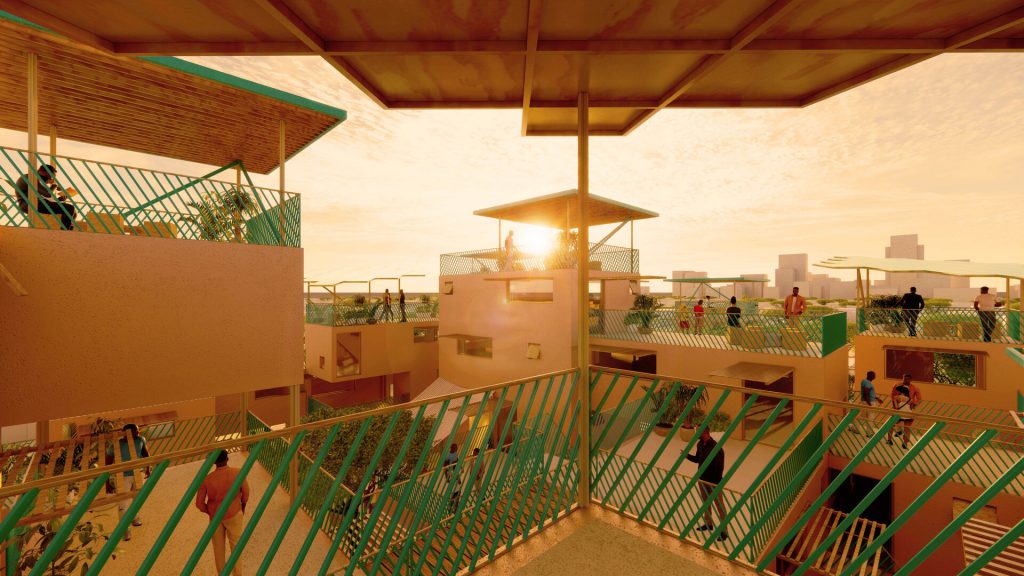
Norwegian startup Othelo, established in 2019, has patented a technology that mass produces building systems from recycled plastic waste. These buildings are designed for flexibility and can cater to housing, refugee shelters, temperature controlled mobile storage units for food and medicine, schools, and hospitals. Othalo’s structures are affordable, sustainable, eco-friendly, and meet modern living standards—and are all made of recycled plastic.
Victor Mokom Kisob, assistant secretary-general and deputy executive director of the United Nations Human Settlements Program, states: “As we celebrate the World Habitat Day 2020, UN-Habitat is partnering with Othalo to promote sustainable, adequate and affordable shelter for all.”
Over the next 18 months, Othalo will develop its first series of building elements and designs for low-cost homes. The company expects to be ready to start mass production as soon as the pilots are approved for this.
Othalo founder Frank Cato Lahti has been developing the technology since 2016, in partnership with experts in SINTEF and University of Tromsø and has now teamed up with the architect Julien De Smedt and prize-winning entrepreneur Silje Vallestad.
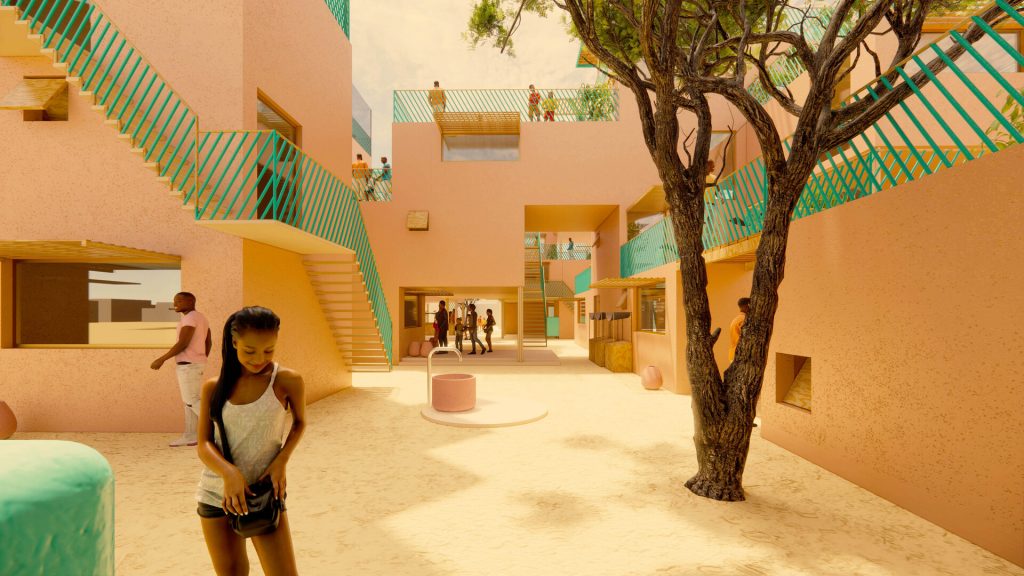
“In thinking of new environments we will set our focus towards the co-creation of living conditions in direct partnership with the local communities and end users,” says Julien De Smedt.
“What we find particularly uplifting in our approach as a company and as architects is the desire to bridge the manufacturing world with one of the local crafts and culture.”
A 60 m2 Othalo house recycles 8 tonnes of plastic waste, and with the enormous need for low-cost housing globally, the system can help make a significant difference. Since 1950, more than 9 billion tonnes of plastic have been produced globally, of which only 9% is recycled. With today’s plastic waste, more than 1 billion Othelo houses can be built.
“Othalo’s mission is like a Kinder Egg, serving three-gifts-in-one; affordable quality houses for the one billion who live in slums, large volume recycling of plastic and job creation,” says Silje Vallestad.
“The type of buildings we invest in perpetuates the system,” architect Timothy Hill told ADR last year. Read our interview with Hill about the Australian housing crisis.
Renders courtesy of Othalo.

